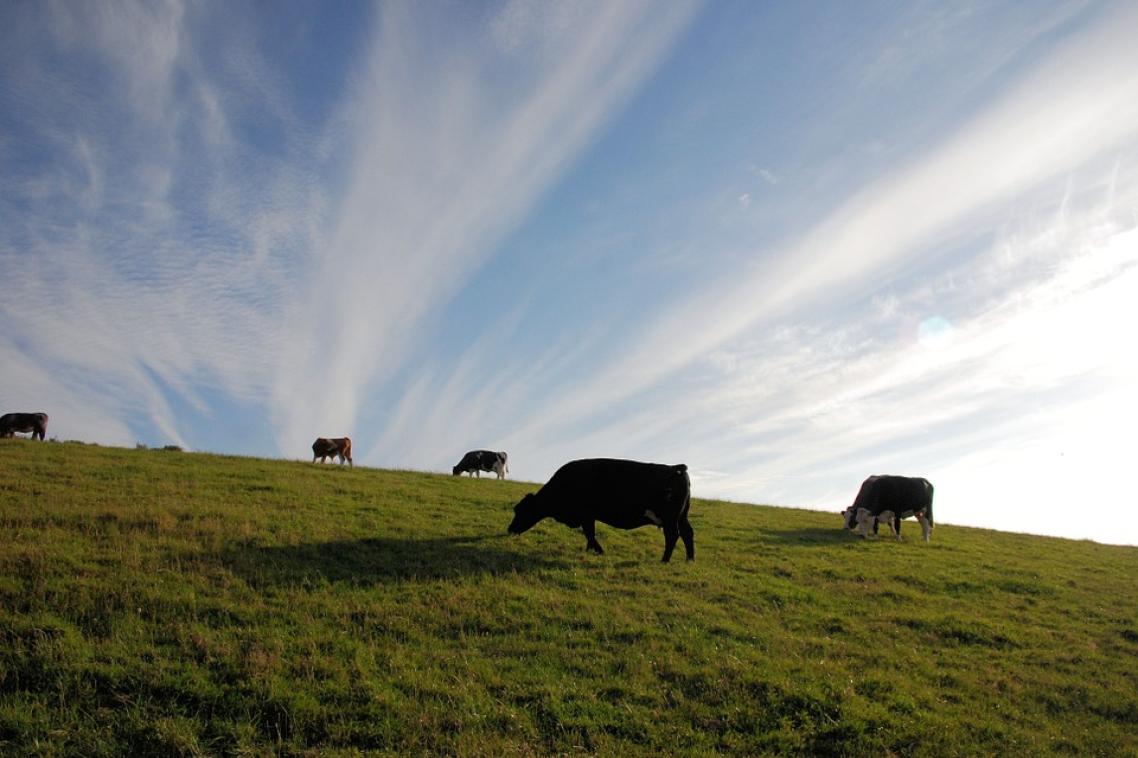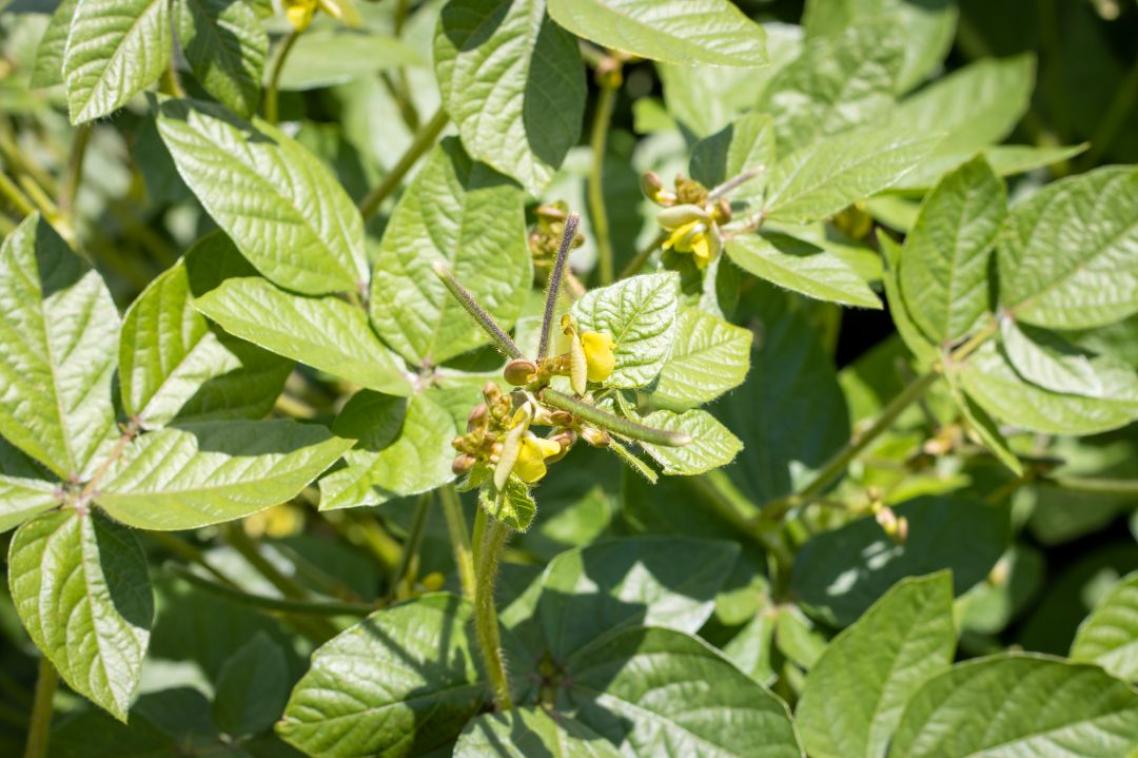Bacteria is likely to aid global livestock feed challenge

Farmers could soon turn to microbial protein to feed their livestock – a move researchers say could reduce land use, greenhouse gas emissions and nitrogen pollution.
Dr Ilje Pikaar from The University of Queensland’s School of Civil Engineering said global population growth demanded solutions that would feed livestock while significantly reducing the environmental impact of agriculture.
He said producing protein-rich bacteria in large fermentation reactors could replace some crops grown to feed animals.
“Industrial production of microbial protein to feed livestock can reduce deforestation, nitrogen pollution and greenhouse gas emissions on a global scale,” Dr Pikaar said.
Fellow researcher Dr Benjamin Leon Bodirsky, from the Potsdam Institute for Climate Impact Research, said the majority of agricultural land was devoted to producing animal feed rather than feeding humans.
“The numbers are quite astonishing, with chickens, pigs and cattle munching away about half of the grains and produce grown on global croplands,” he said.
The researchers say drastic changes are needed in the agro-food system.
They used advanced computer modelling to determine that microbial proteins produced with hydrogen and other gases could replace between 175 and 307 million tonnes of crop-based animal feed annually by 2050.
Dr Pikaar said microbial protein was an approved animal feed protein supplement, but shouldn't be considered a cure-all solution as its production was energy intensive.
The research team included Ghent University’s Professor Willy Verstraete and scientists at the CSIRO and Wageningen University.
The team’s analysis of the long-term impact of incorporating microbial proteins in livestock feed, published in Environmental Science and Technology was supported by funding from the Australian Research Council, the MERMAID project, the Ghent University Multidisciplinary Partnership-Biotechnology and the European Union's 2020 research and innovation program.
Media: Dr Ilje Pikaar, i.pikaar@uq.edu.au, 0490 473 390; UQ Communications Paige Ashby, p.ashby@uq.edu.au, 0430 511 615.
Topics
Related articles

Flowering discovery could lead to more reliable mungbean yields

Unlocking the sublime in native Australian citrus
Media contact
UQ Communications
communications@uq.edu.au
+61 429 056 139
